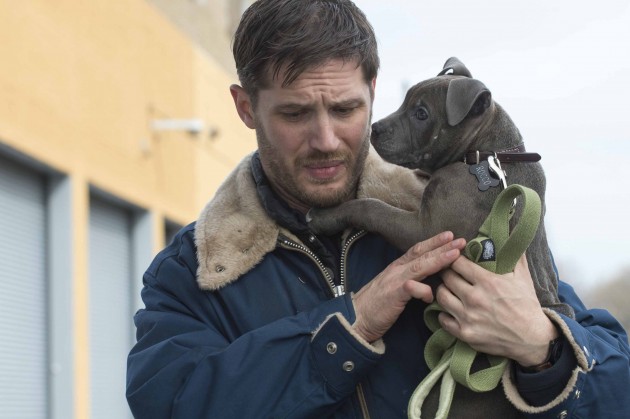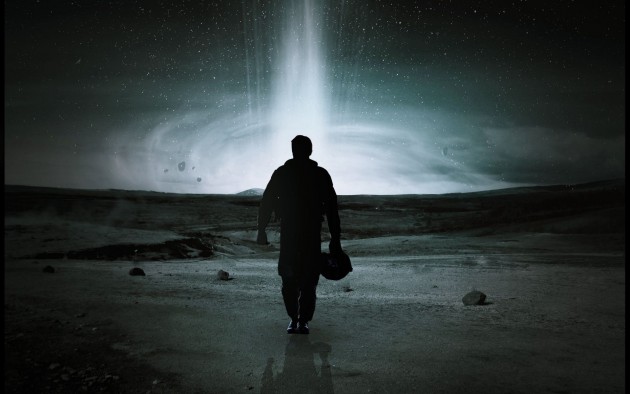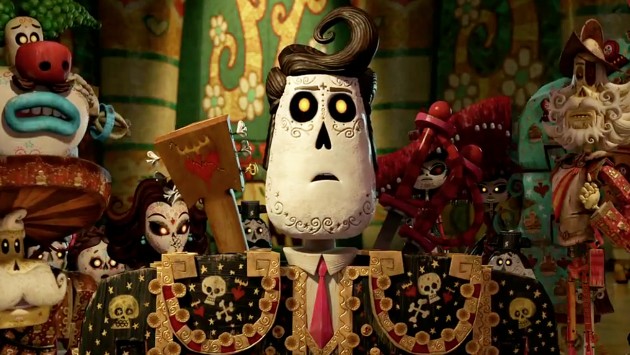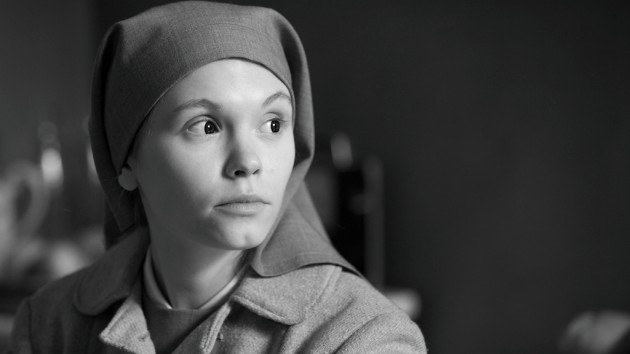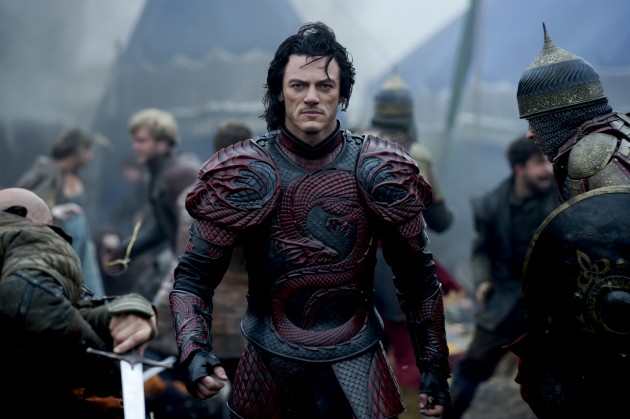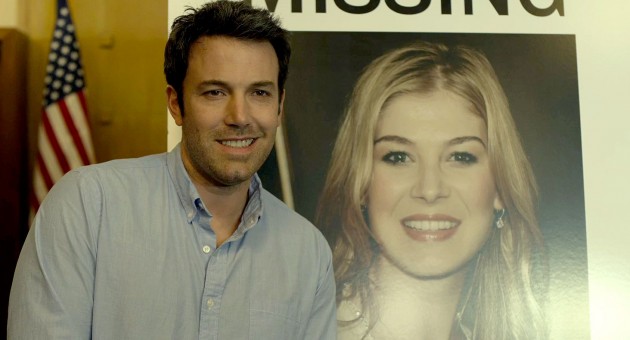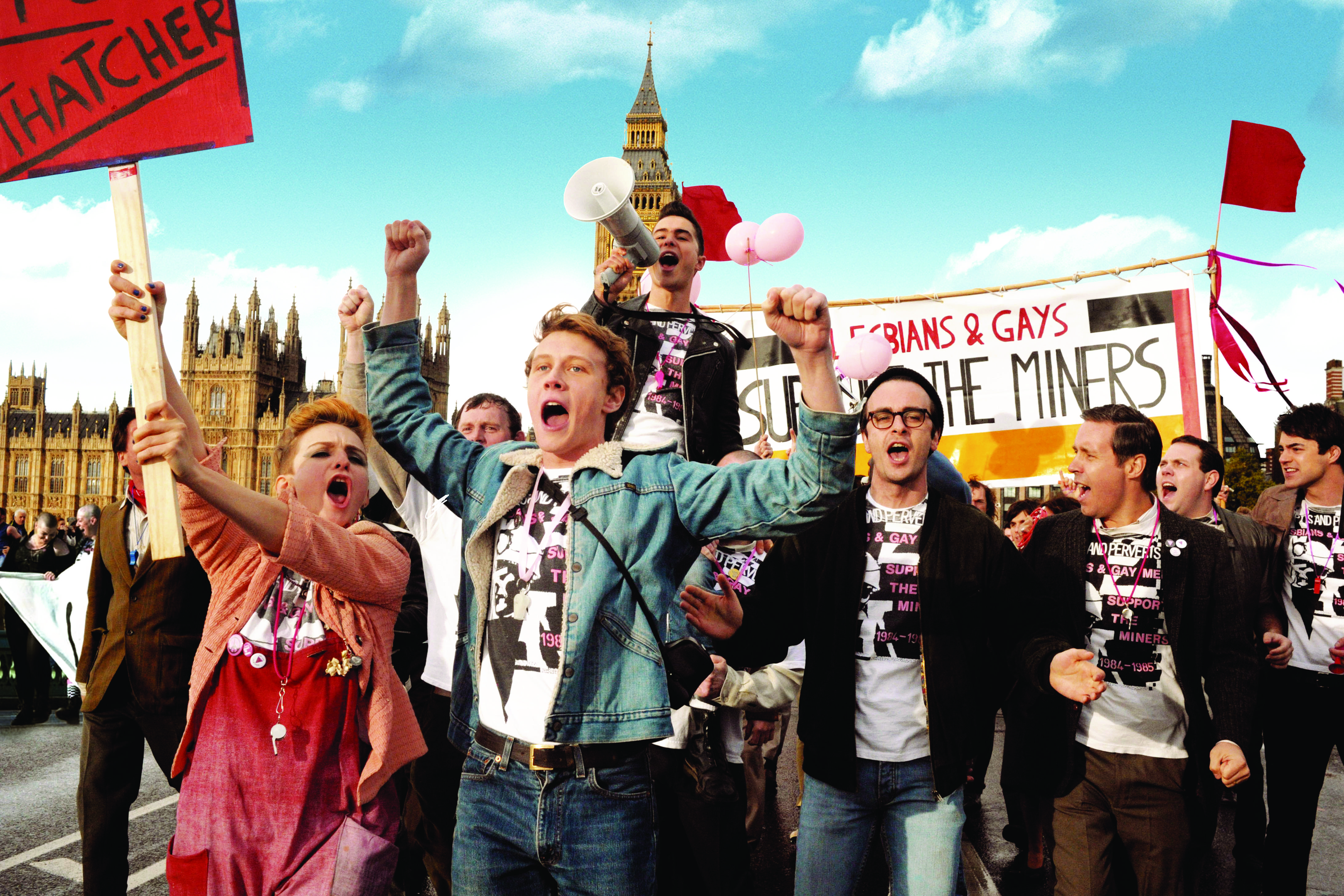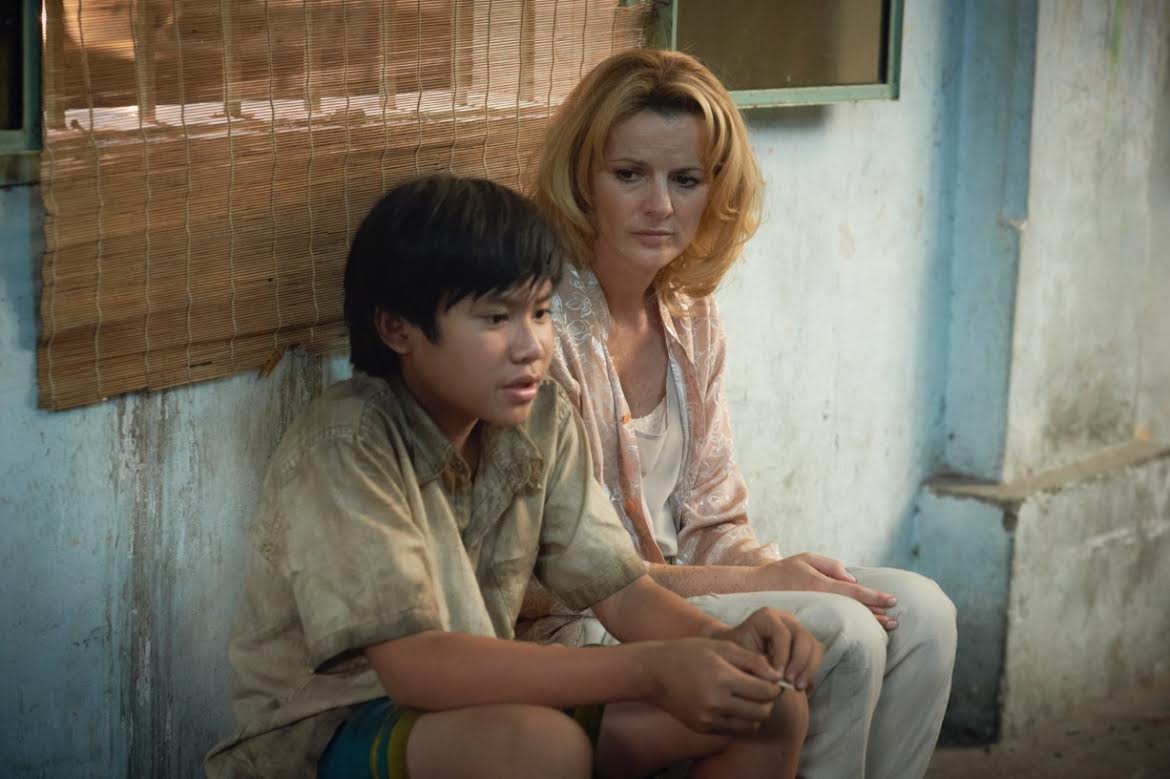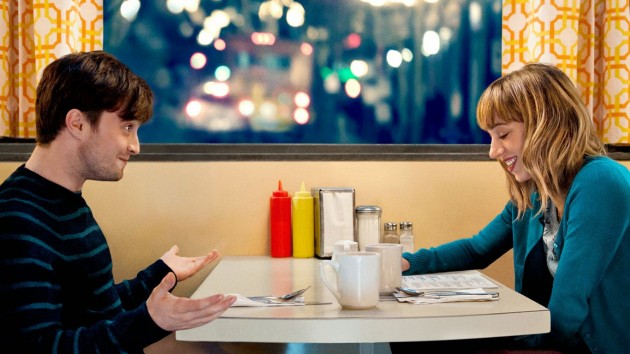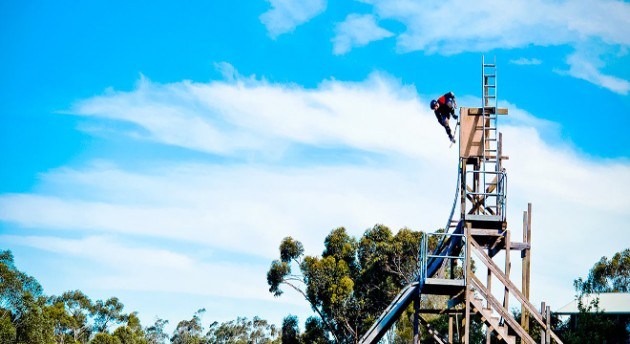The Drop is a good example of how short stories and screenplays are different forms with different expectations and demands. Dennis Lehane, who writes the film, translates the material straightforwardly from his 2009 story ‘Animal Rescue’, producing a low-level Brooklyn crime drama which often feels both undernourished and padded. Director Michael R. Roskam impressed in 2011 with Bullhead, a Dutch-language feature about the animal hormone underworld in Belgium, and here he finds a similar, if less complex, story about day-to-day mob operations and the guarded, tense blue-collar men caught up in them. Bob (Tom Hardy) and Marv (the late James…
-
-
Houston, we have a problem. Christopher Nolan may be a spectacularly skilled constructor of film, but he’s no storyteller. In his last non-Batman film, Inception (2010), Nolan marshalled his technical enthusiasm into a giddy, multi-layered hacking of subconscious dreamworlds. With Interstellar he rockets off in the opposite direction, sling-shoting Matthew MaConaughey and a band of cosmonauts into the cold blackness of the far-away night, a fantastic voyage through wormholes, black holes and narrative rabbit holes. The feverishly anticipated Interstellar is a gorgeous, meticulously staged, hyper-expensive celebration of human discovery and a thrilling rebuke to the timidity of the average studio…
-
Perhaps more than even Christmas and Halloween, the Mexican Dia de los Muertos (‘Day of the Dead’) is a holiday ripe for cinematic exploitation: it is, after all, a festival of colourful and gothic storytelling. Jorge Gutierrez, who has previously channeled his love for Mexican folklore into the award-winning El Tigre: The Adventures of Manny Rivera for Nickelodeon, pairs up with screenwriter Doug Langdale and uses the day as a backdrop for The Book of Life‘s imaginative story of childhood rivalry and feuding gods. It’s a moderately ambitious but highly charming fantasy-animation with a fun multi-level narrative. We open on…
-
Ida is a modest but beautiful Polish-language buddy road movie from Pawel Pawlikowski, who returns to his homeland for a gorgeously vintage story of histories both personal and political. The sheltered Anne (Agata Trzebuchowska) is a novice nun in Sixties Poland, who has been living in the convent since she was abandoned as a child. Before she takes her vows, she is sent to meet her only living relative, the hard-drinking, cynical Aunt Wanda (Agata Kulesza), a former prosecutor with the Stalinist regime, and get a taste of the secular world she is preparing to reject. Anne’s benign ignorance give way to a complex…
-
To local youngsters seeking a bankable trade in these uncertain times, might I suggest a specialism in medieval prop design? HBO’s Game of Thrones has had a good time of it transforming our castle-and-field vistas into a fantasy-realist Middle Ages, and the trend continues with Dracula Untold, feature debut of Dublin-born director Gary Shore. Filmed here over the last year and a half, the film echoes much of Thrones‘ production aesthetic: set in 15th-century Transylvania, it’s all heaving bodices, clashing steel, improbable dental hygiene and over-literal geography like ‘Broken Tooth Mountain’. It’s a very contemporary studio product, feeding on the vogue for origin stories and Universal’s plans for an Avengers-style cinematic universe for the various…
-
Who knew extreme marital dysfunction could be such a riot? Adapted by Gillian Flynn from her best-selling novel, Gone Girl is a lurid and sickly funny evisceration of modern marriage. Flynn efficiently translates the book’s twisted psychologies and David Fincher, with his regular photography team and Trent Reznor and Atticus Ross’ downbeat score, anchors the violent camp in his cold suburban surfaces. The film has the studied dread of Patricia Highsmith and the page-turning brio of a schlocky airport novel, and is a wicked satire on the ‘missing girl’ media phenomenon. It is also the first must-see studio film of the autumn. On…
-
Pride works – and it really works – because it finds a way to perfectly be the kind of film you think it’s going to be while also offering surprising shades of feeling. The story of a real-life alliance between striking miners and gay and lesbian activists in Thatcherite Britain has a colourful, slightly cartoonish anti-Establishment bounce in its step, familiar from other British heart-warmers like Billy Elliot and The Boat That Rocked (with whom it shares Bill Nighy). But writer Stephen Beresford and Matthew Warchus are generous and compassionate in their treatment of characters and their dignity, producing a celebration of working-class solidarity and friendship…
-
Noble, the biopic of Irish humanitarian Christina Noble starring comedian Deidre O’Kane, feels a lot like a TV movie. First there’s the on-the-nose title, which reminds me of those movies you sometimes see on satellite channels, the ones that rip off blockbuster plots and give them over-literal titles like Space Danger or Future Saviour. The film may as well be called Saint Christina or The Pluck of the Irish. And second, there’s the intensely by-the-numbers approach it takes to Noble’s life story, as cribbed from memoirs like Bridge Across My Sorrows and Mama Tina. The film shifts chronologically between two stories: the ‘mis-lit’ material of her growing up in post-war Dublin squalor and ‘present day’…
-
Hogwarts expatriate Daniel Radcliffe is the headliner here, but you might also recognise Zoe Kazan, one half of the meet-cute not-couple in Canadian-Irish production What If (retitled from The F-Word). She wrote Ruby Sparks (2009), a fun and acerbic satire of the Manic Pixie Dream Girl trope (an increasingly problematic term) in which she was the dreamt-up effervescent love interest for Paul Dano’s brooding, needy novelist. It is something of a pity, then, to see her taking on much more unchallenging genre material here. Adapted from T. J. Dawe and Michael Rinaldi’s Canadian play Toothpaste and Cigars, and directed by Michael Dowse (who did the winning The…
-
Nineties America saw a wider embrace of skateboarding by mainstream culture and exciting innovations in vertical ramp (‘vert’) skating technique, developments that were captured by the expanded availability of affordable video recording and playing equipment. New skaters and tricks were documented and distributed via series’ of home-edited compilation videos with colourful titles like Super Conductor, Super Collider (1993), Welcome to Hell (1996) or Tim and Henry’s Pack of Lies (1992). Skateboarding’s instinctive habit for showing off means that any documentarian of the sport has ample footage to furnish their narratives. In All This Mayhem, director Eddie Martin mines homemade and…

